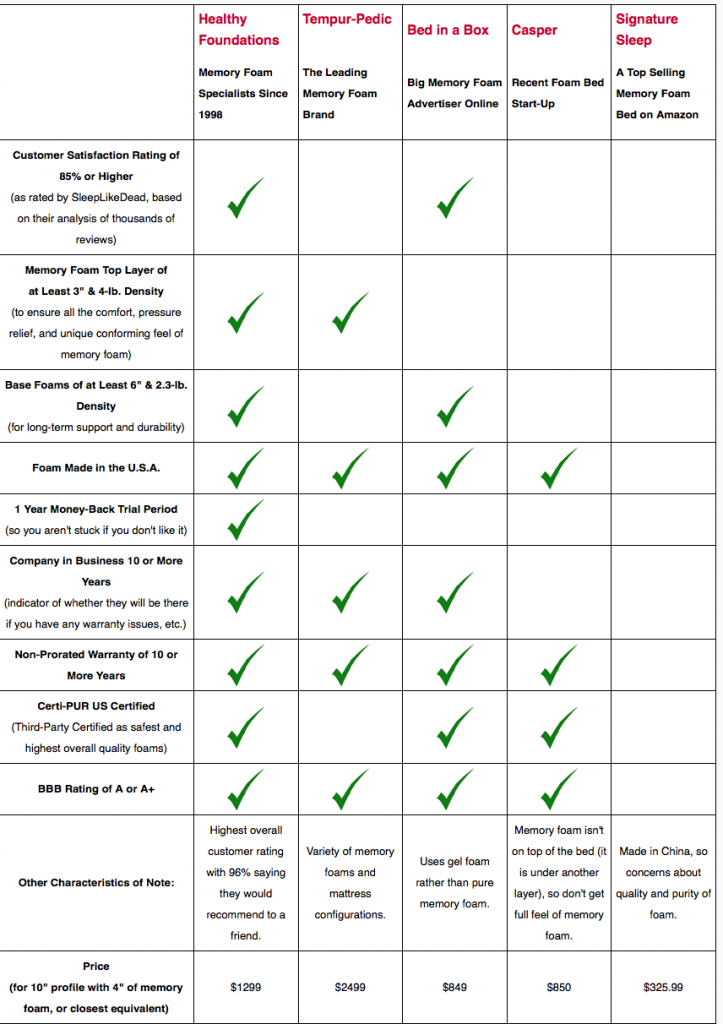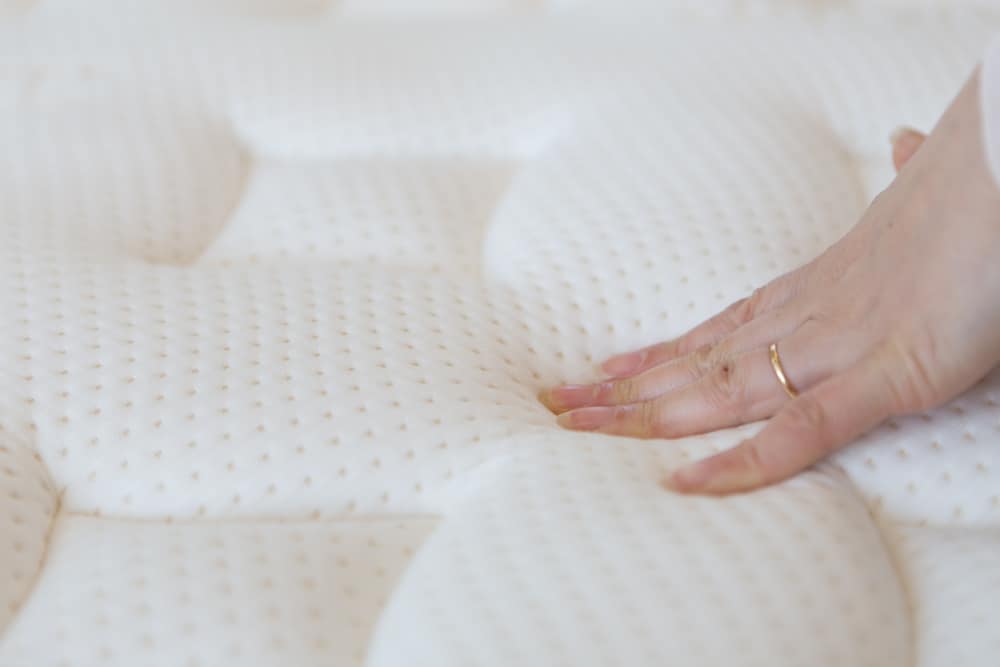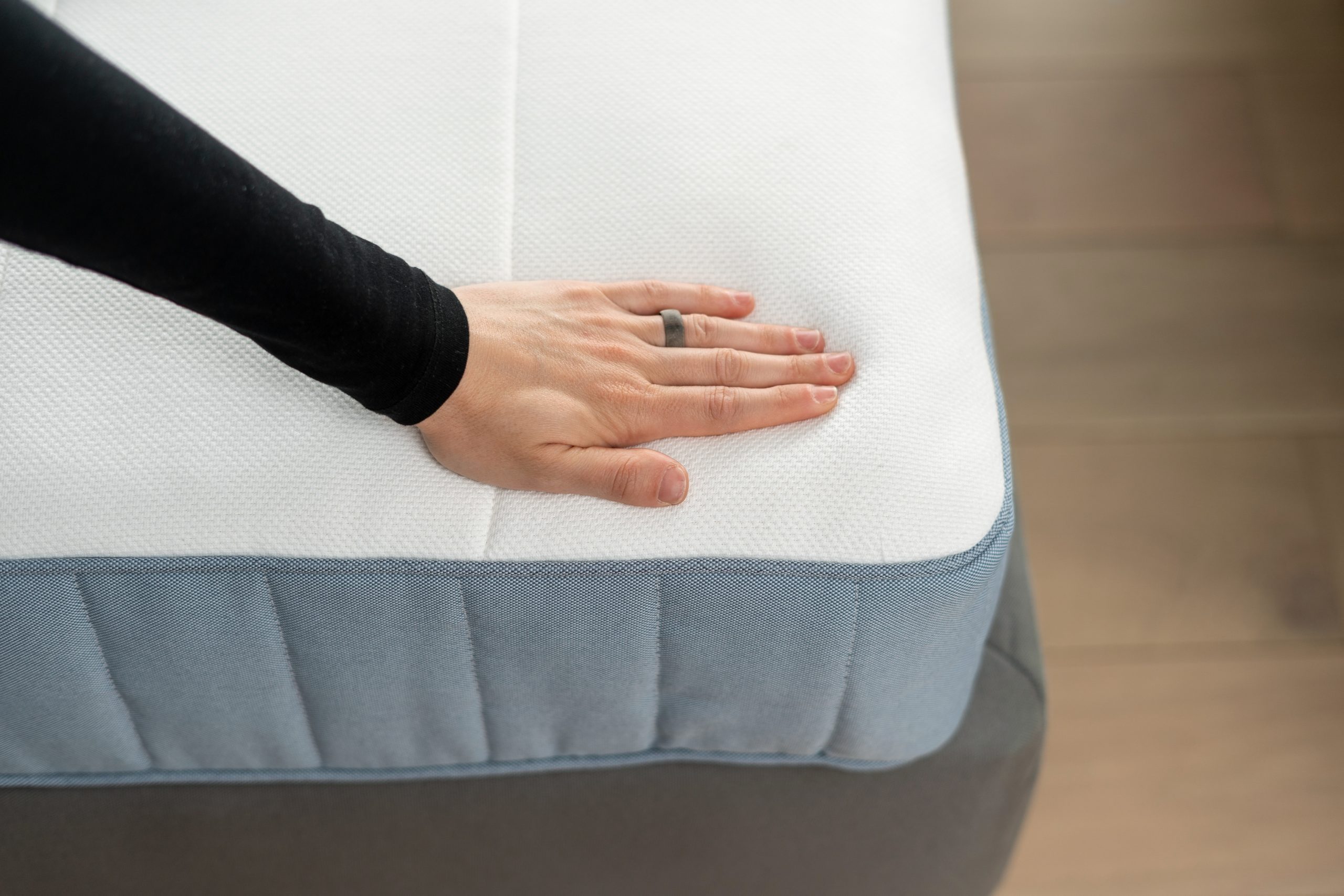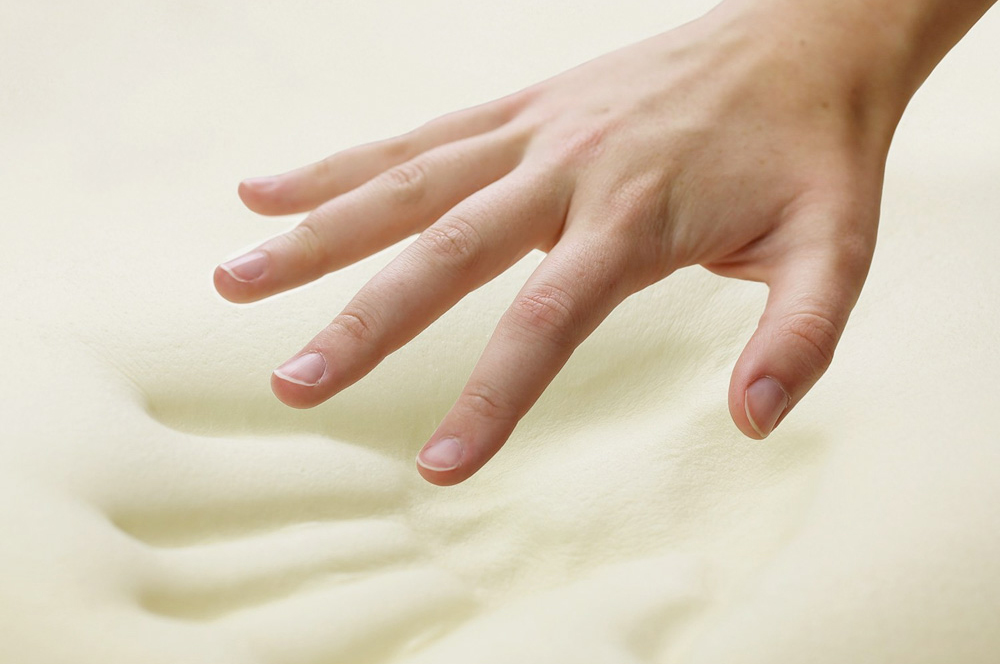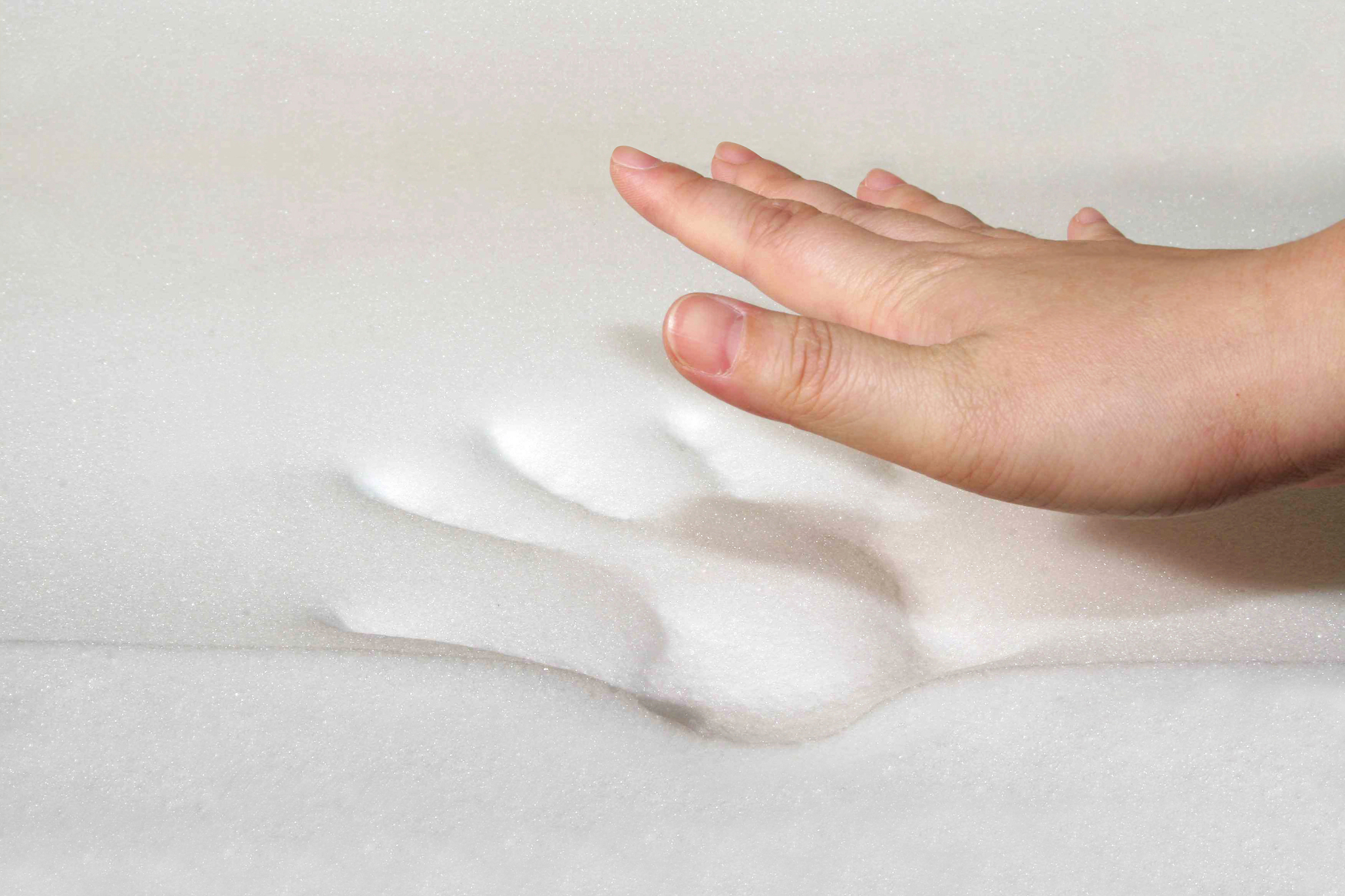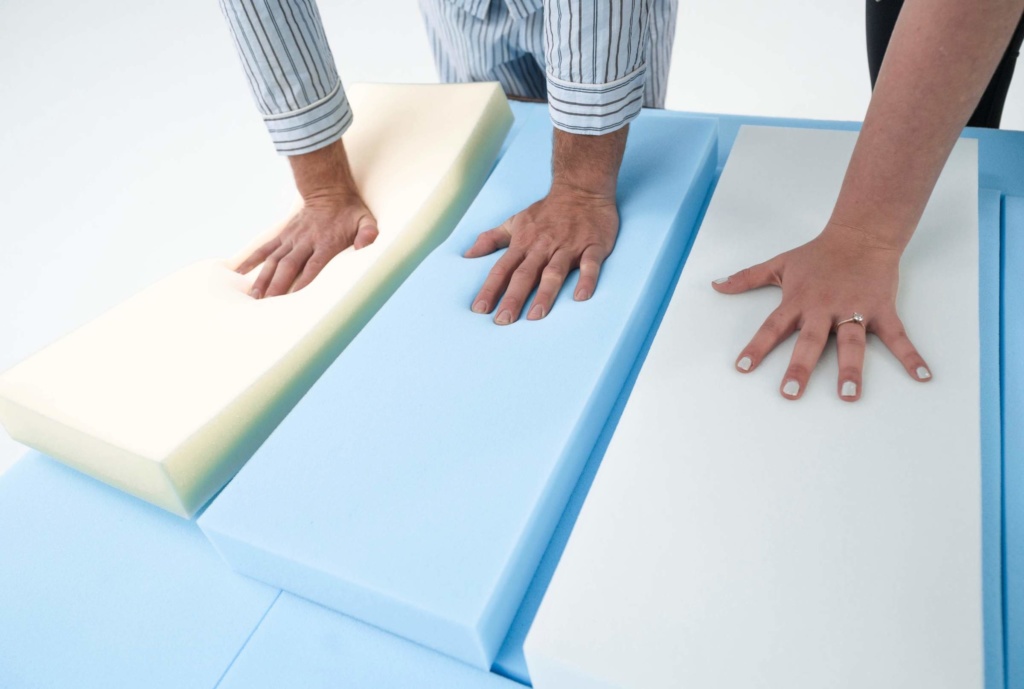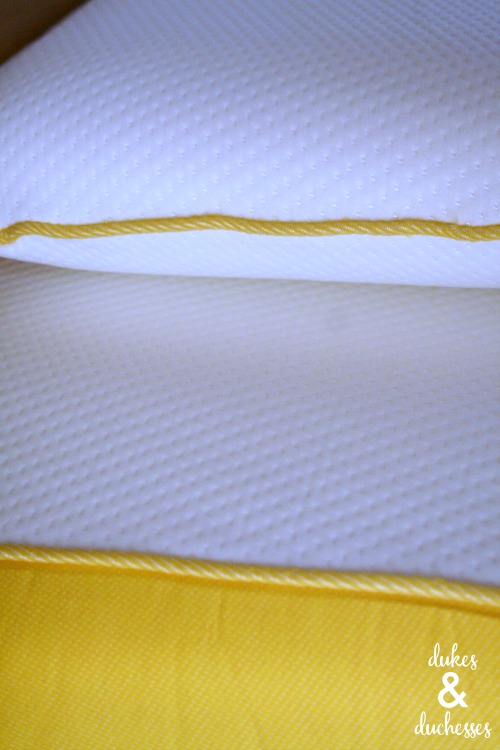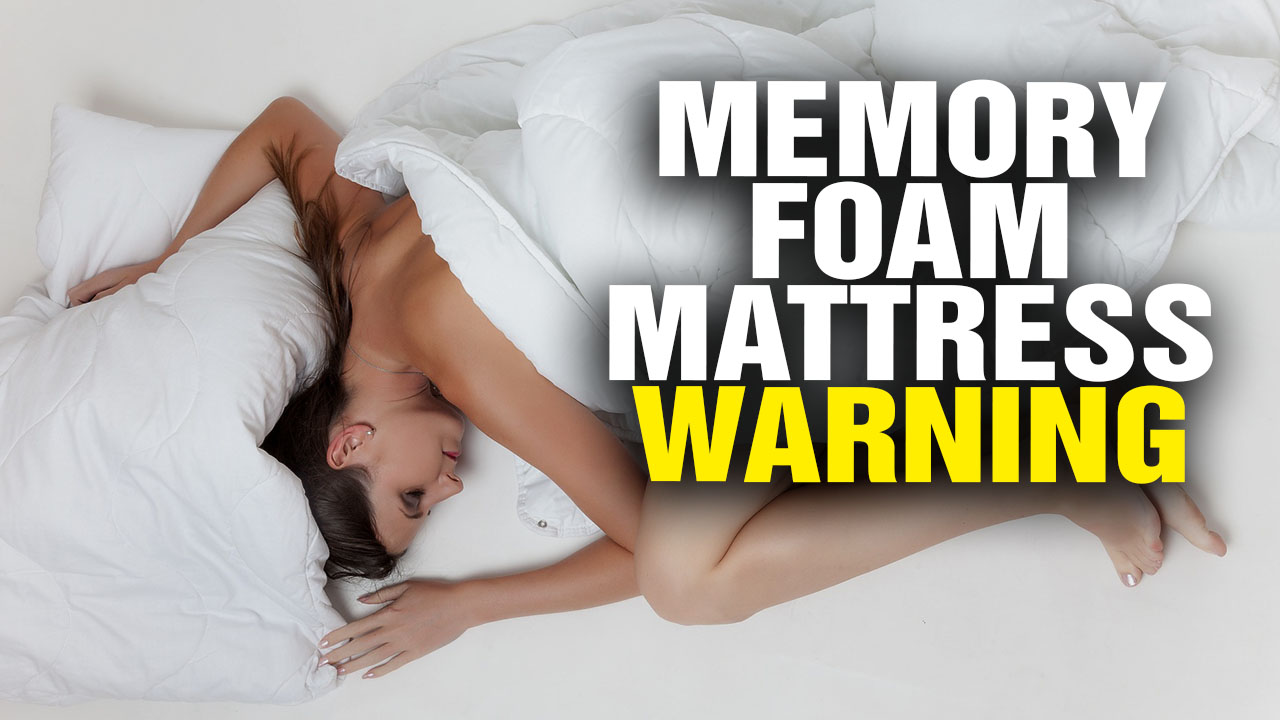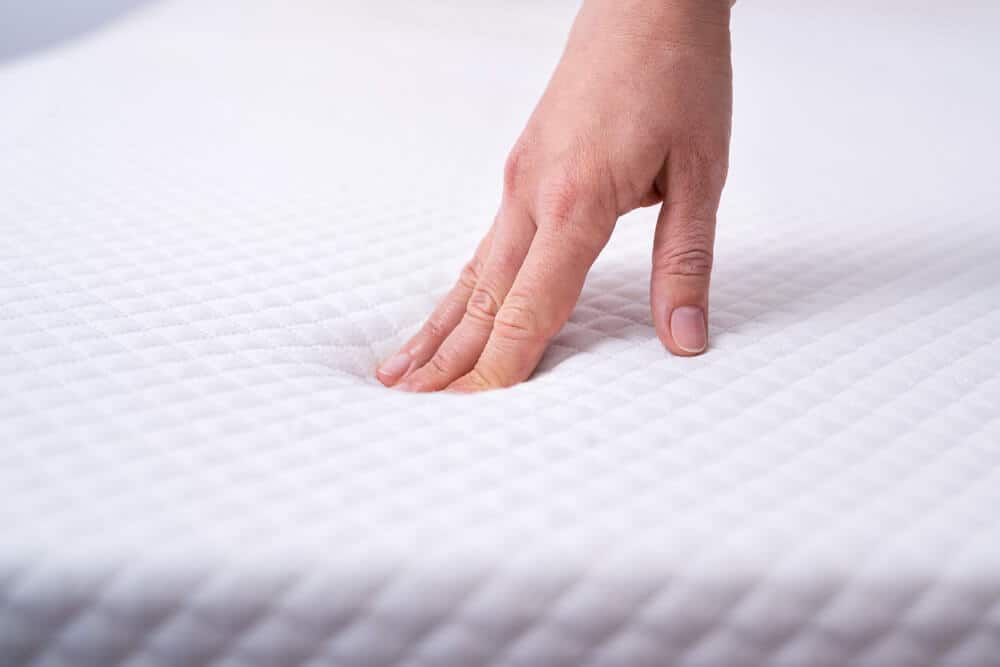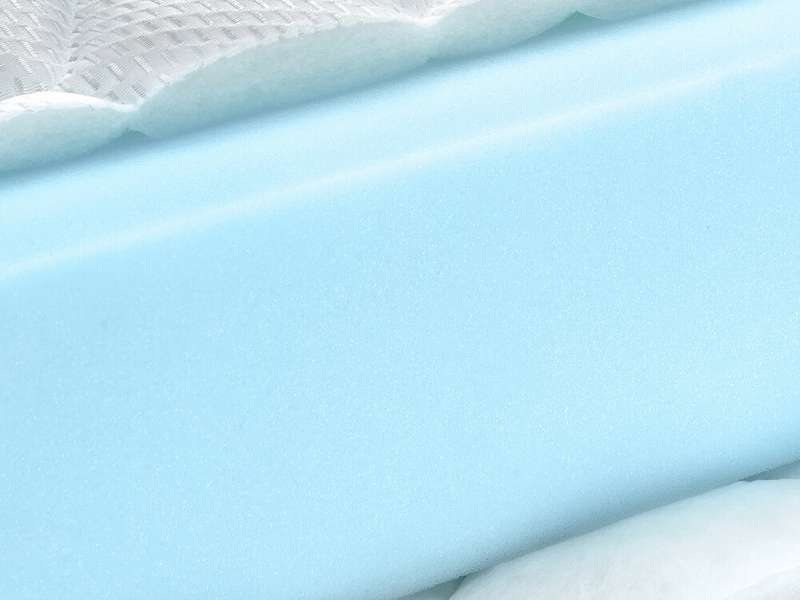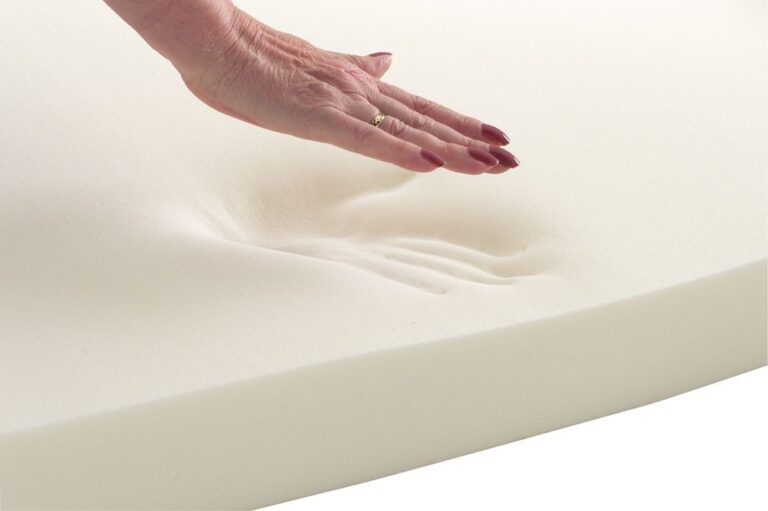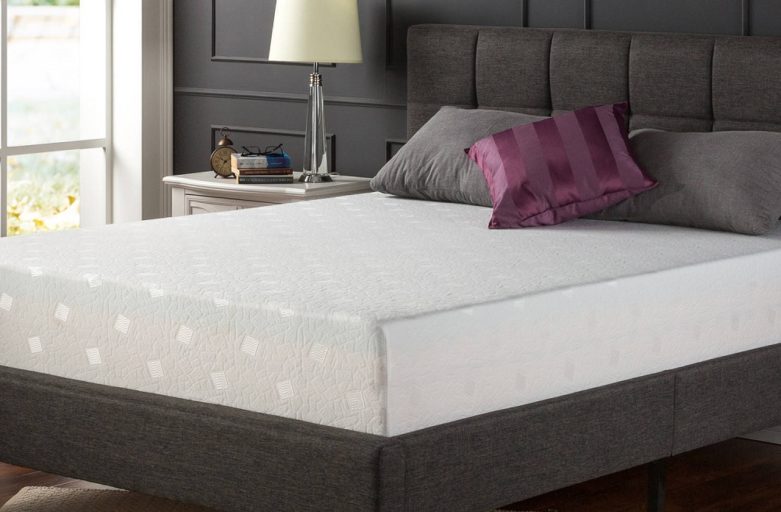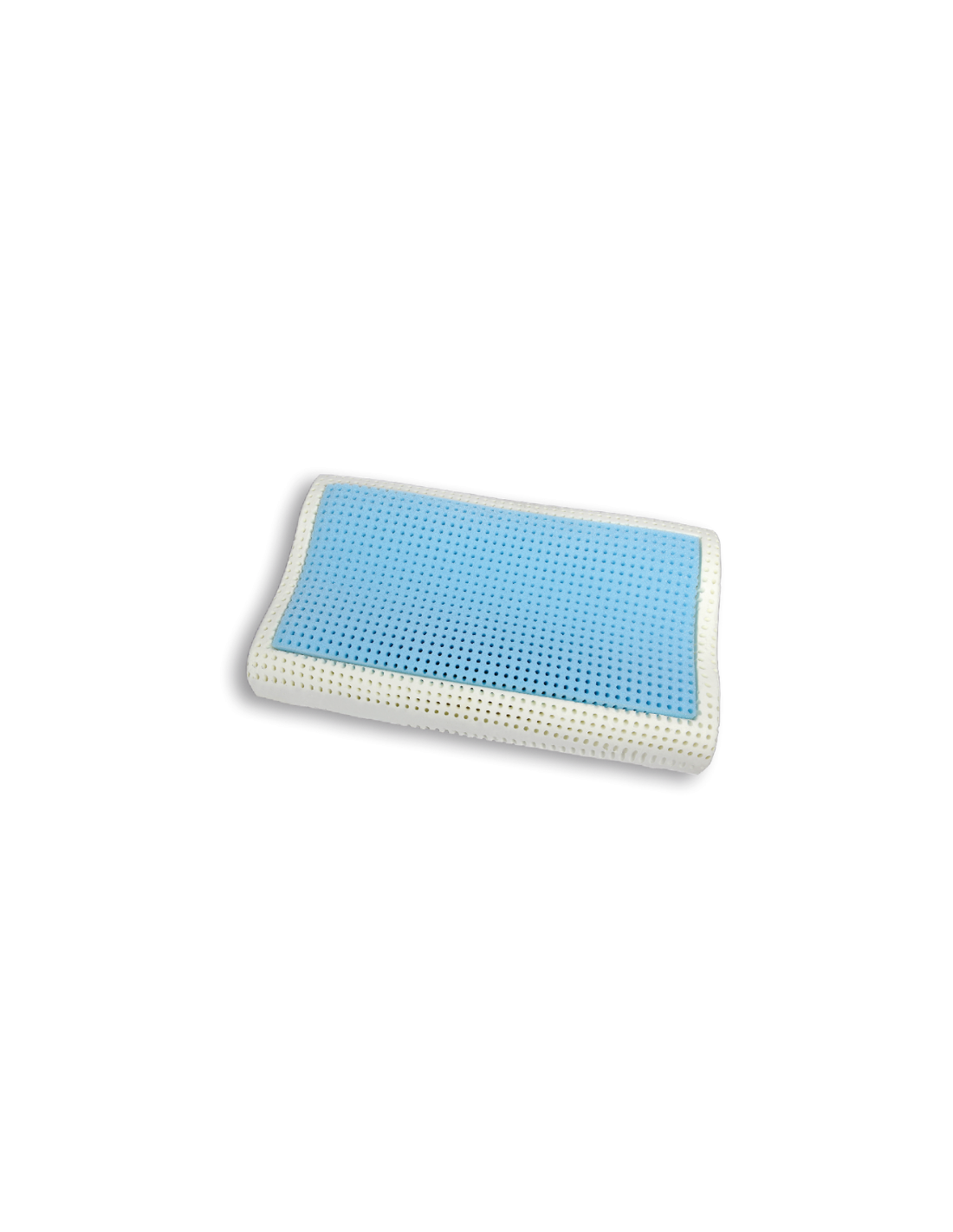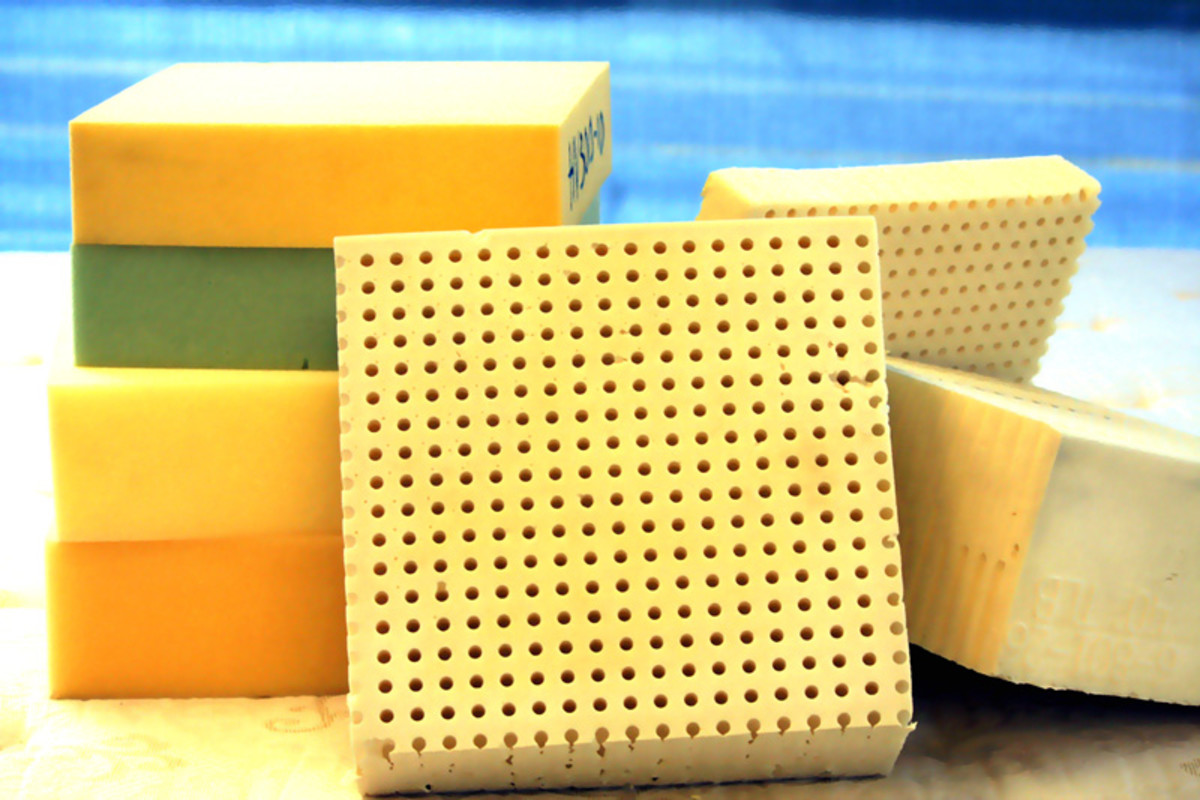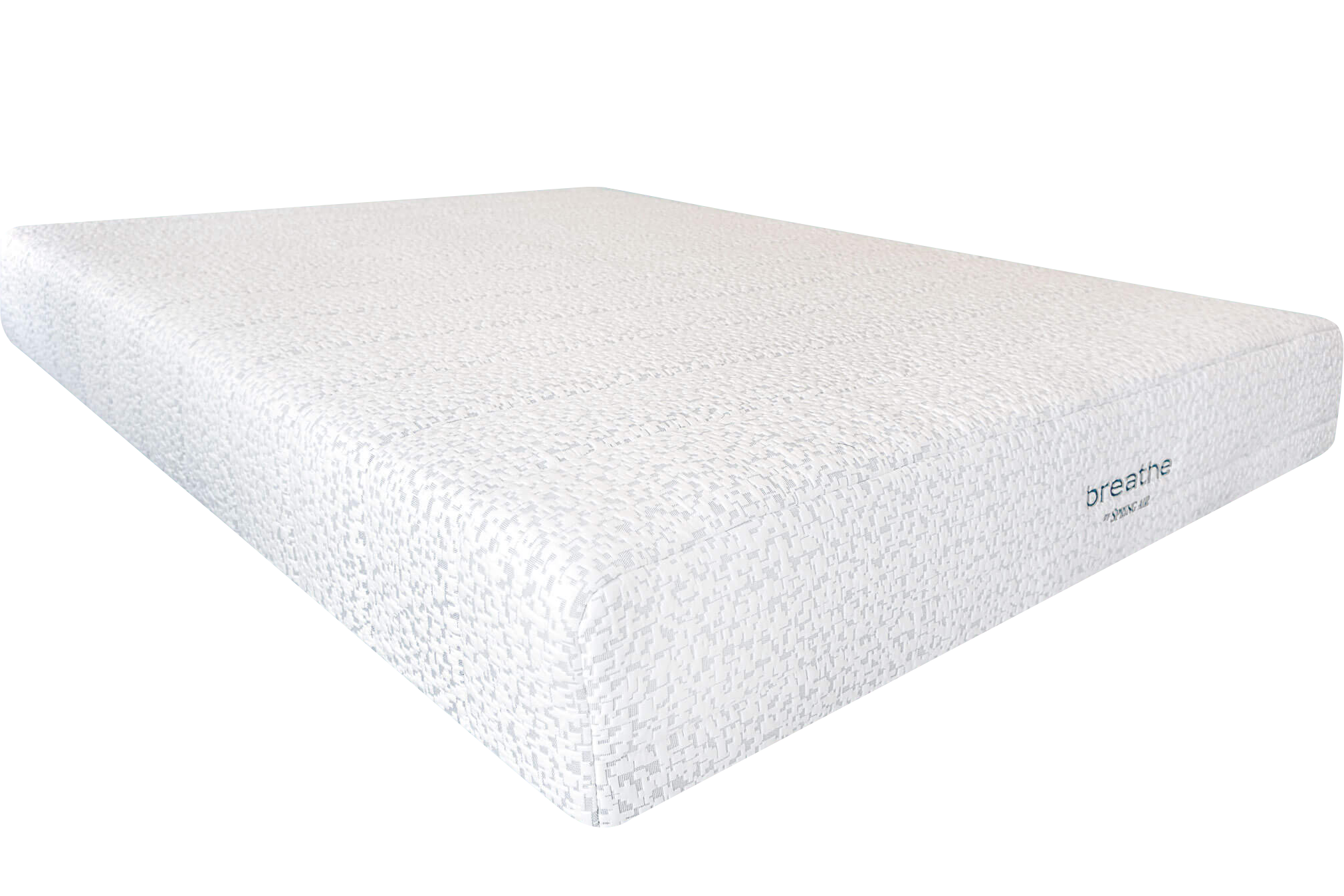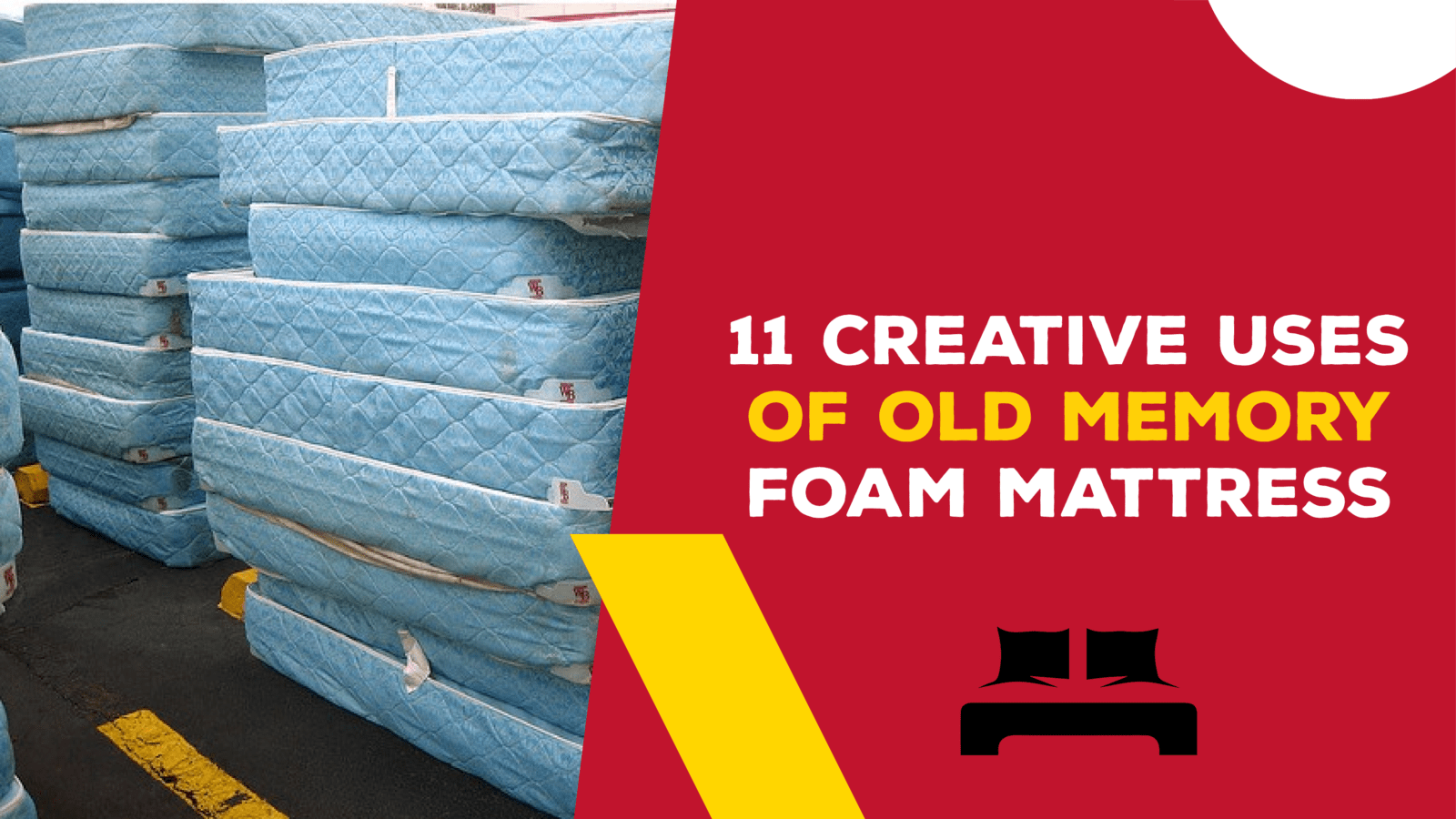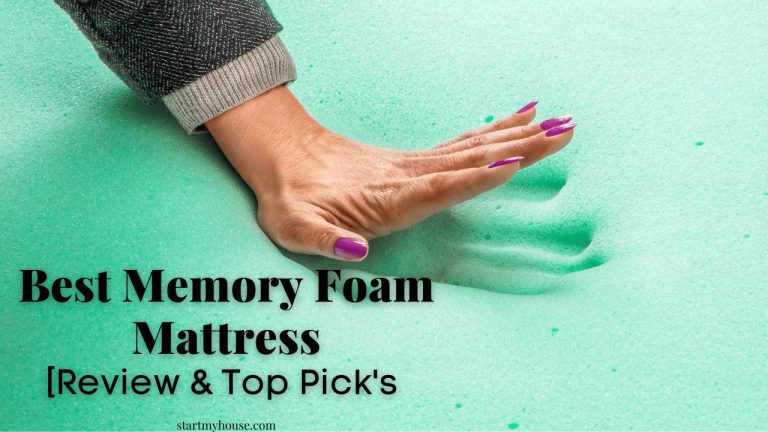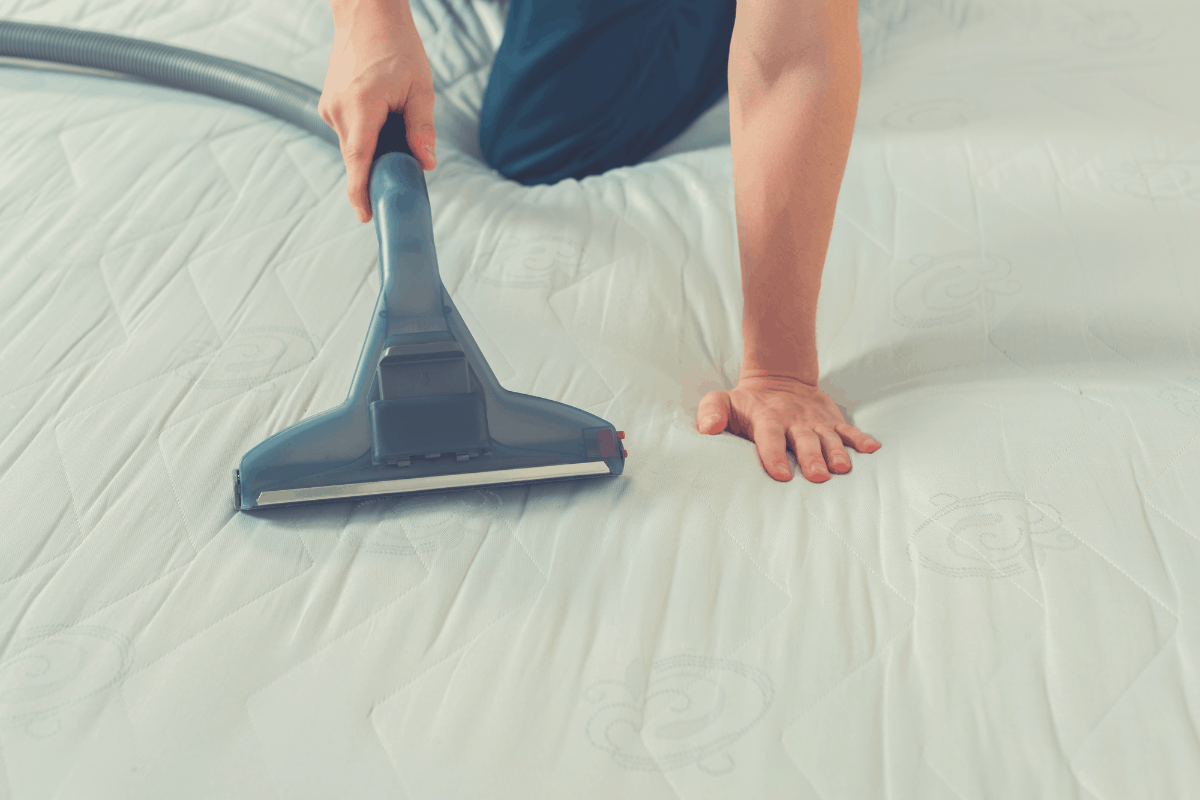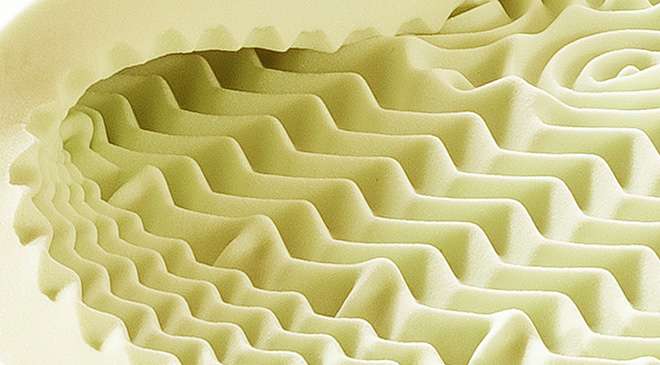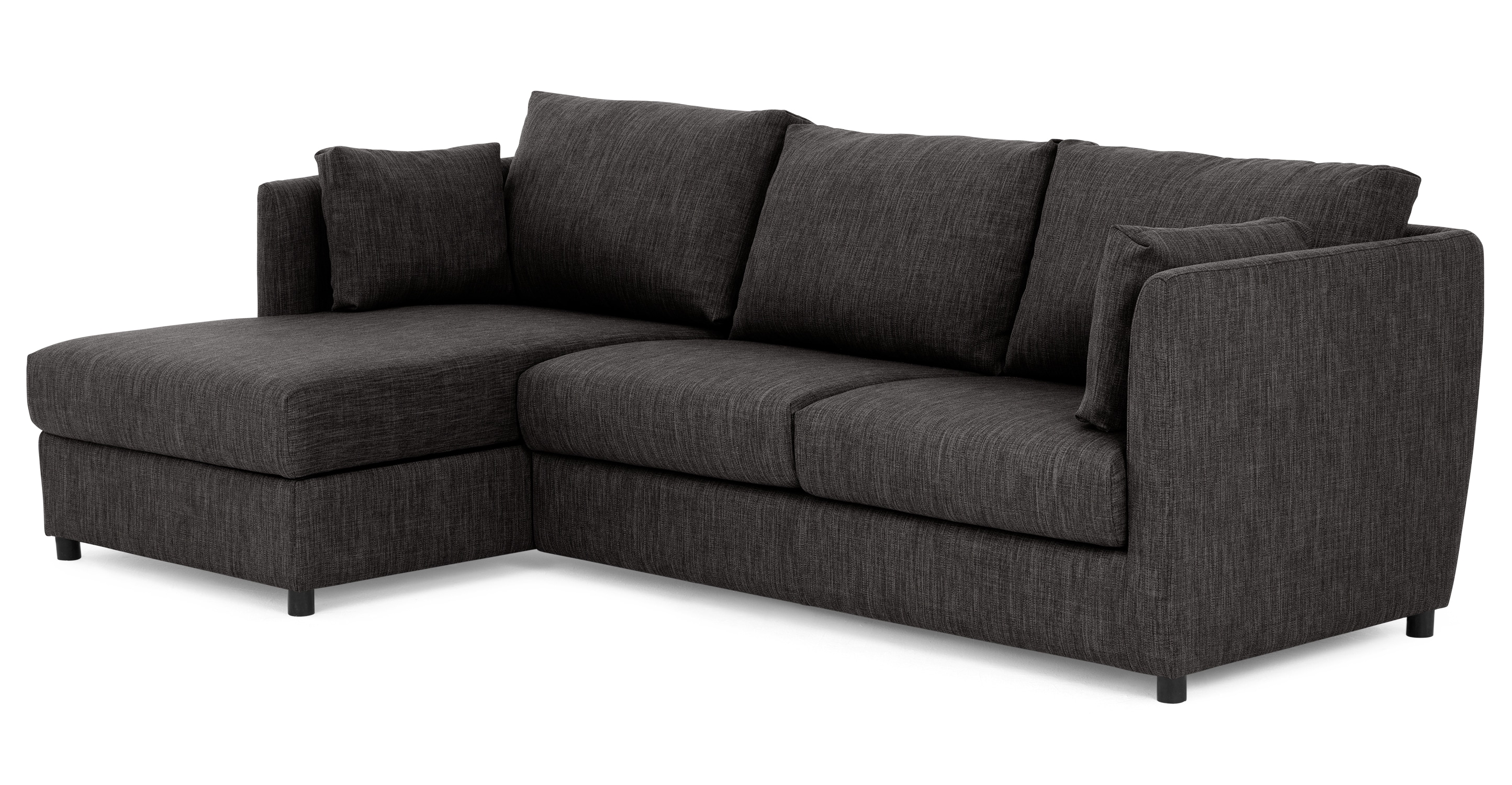Memory Foam Mattress Safety: 10 Things You Should Know
When it comes to getting a good night's sleep, few things are more important than having a comfortable and supportive mattress. And in recent years, memory foam mattresses have become increasingly popular for their ability to conform to the body and relieve pressure points. However, with this rise in popularity, concerns about the safety of memory foam mattresses have also emerged. Is memory foam really safe? Here are 10 things you should know.
Is Memory Foam Safe for Your Baby?
One of the primary concerns about memory foam mattresses is their safety for infants and young children. The short answer is yes, memory foam is generally considered safe for babies. However, it is important to choose a mattress that is specifically designed for infants and meets safety regulations. Look for certifications such as CertiPUR-US, which ensures that the mattress is made without harmful chemicals.
The Truth About Memory Foam Mattresses and Chemicals
Speaking of chemicals, there has been some controversy surrounding the use of certain chemicals in memory foam mattresses. Some of these chemicals, such as formaldehyde and flame retardants, have been linked to health concerns. However, it's worth noting that all mattresses, not just memory foam, are required to meet certain safety standards and may contain trace amounts of chemicals. To ensure safety, look for mattresses that are CertiPUR-US certified and labeled as low-VOC (volatile organic compound).
How to Choose a Safe Memory Foam Mattress
When shopping for a memory foam mattress, it's important to do your research and choose a reputable brand. Look for certifications and safety labels, as well as reviews from customers. Additionally, consider the materials used in the mattress, such as the type of foam and any added chemicals. If you have concerns, opt for a mattress that is made with natural or organic materials.
Memory Foam Mattress Off-Gassing: What You Need to Know
One of the main concerns about memory foam mattresses is the off-gassing process, which is the release of chemicals and odors from the mattress. This can be a concern for those with chemical sensitivities or allergies. To minimize off-gassing, choose a mattress that is made with low-VOC materials and allow it to air out in a well-ventilated room before use.
Are Memory Foam Mattresses Safe for Your Health?
While there have been some concerns raised about the chemicals used in memory foam mattresses, there is no solid evidence that they are harmful to our health. In fact, many people report improved sleep and reduced pain after switching to a memory foam mattress. However, it's always a good idea to do your own research and choose a mattress that you feel comfortable sleeping on.
The Pros and Cons of Memory Foam Mattresses
As with any product, there are pros and cons to consider when it comes to memory foam mattresses. Some of the main benefits include pressure relief, motion isolation, and durability. However, they may sleep hot for some people and have a slight odor during the off-gassing process. It's important to weigh these factors and decide if a memory foam mattress is the right choice for you.
Memory Foam Mattress Fire Safety: What You Need to Know
Another concern about memory foam mattresses is their fire safety. While memory foam is a highly flammable material, most memory foam mattresses are treated with flame retardants to meet safety standards. However, these chemicals have been linked to health concerns. If fire safety is a concern for you, opt for a mattress with a natural fire barrier, such as wool or cotton.
Memory Foam Mattress Allergies: What You Need to Know
For those with allergies, the thought of sleeping on a foam mattress may be concerning. However, memory foam mattresses are generally hypoallergenic and resistant to dust mites and other allergens. Additionally, the dense structure of memory foam makes it difficult for allergens to penetrate the surface. As always, it's important to choose a mattress that meets your specific allergy needs.
How to Maintain a Safe and Healthy Memory Foam Mattress
In order to ensure the safety and longevity of your memory foam mattress, there are a few maintenance tips to keep in mind. First, make sure to use a waterproof mattress protector to prevent spills and stains. Additionally, rotate your mattress every 3-6 months to prevent uneven wear. And finally, follow the manufacturer's instructions for cleaning and care to keep your mattress in top condition.
Is Memory Foam Mattress Safe for Your House Design?

The Rise of Memory Foam Mattresses
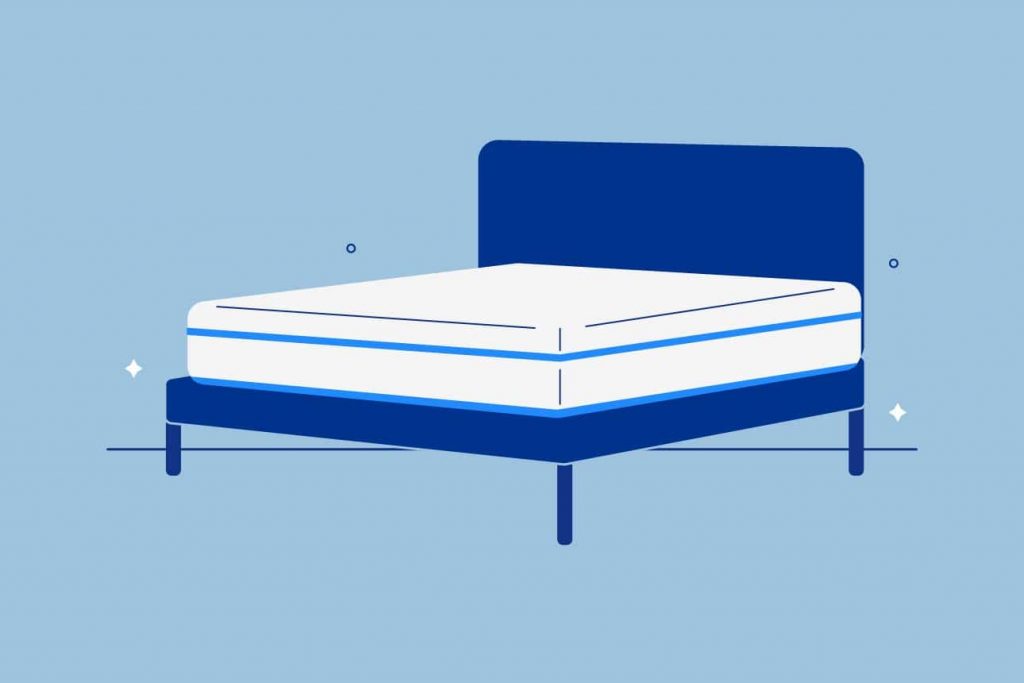 In recent years, memory foam mattresses have become increasingly popular among consumers looking for a comfortable and supportive sleeping surface. This type of mattress is made from a material called viscoelastic foam, which was originally developed by NASA for use in space shuttles. The foam molds to the shape of the body, providing pressure relief and support for a restful night's sleep. However, with the rise in popularity of memory foam mattresses, concerns have been raised about their safety and potential impact on house design. So, is a memory foam mattress safe for your home? Let's take a closer look.
In recent years, memory foam mattresses have become increasingly popular among consumers looking for a comfortable and supportive sleeping surface. This type of mattress is made from a material called viscoelastic foam, which was originally developed by NASA for use in space shuttles. The foam molds to the shape of the body, providing pressure relief and support for a restful night's sleep. However, with the rise in popularity of memory foam mattresses, concerns have been raised about their safety and potential impact on house design. So, is a memory foam mattress safe for your home? Let's take a closer look.
The Safety Concerns
 One of the main concerns about memory foam mattresses is the chemicals used in their production. These mattresses are typically made using polyurethane foam, which can emit volatile organic compounds (VOCs). These chemicals can have harmful effects on the environment and human health, especially if inhaled over a long period of time. Additionally, some memory foam mattresses may contain flame retardants, which have been linked to health issues such as cancer and reproductive problems. These chemicals can also be damaging to the environment when disposed of improperly.
One of the main concerns about memory foam mattresses is the chemicals used in their production. These mattresses are typically made using polyurethane foam, which can emit volatile organic compounds (VOCs). These chemicals can have harmful effects on the environment and human health, especially if inhaled over a long period of time. Additionally, some memory foam mattresses may contain flame retardants, which have been linked to health issues such as cancer and reproductive problems. These chemicals can also be damaging to the environment when disposed of improperly.
The CertiPUR-US® Certification
 To address these concerns, the CertiPUR-US® program was established in 2008 to certify foam used in mattresses, furniture, and other household products. This certification ensures that the foam is made without harmful chemicals and is low in VOC emissions. Mattresses with this certification are also tested for durability and performance to ensure they meet quality standards. So, when purchasing a memory foam mattress, look for the CertiPUR-US® seal to ensure its safety for your home.
To address these concerns, the CertiPUR-US® program was established in 2008 to certify foam used in mattresses, furniture, and other household products. This certification ensures that the foam is made without harmful chemicals and is low in VOC emissions. Mattresses with this certification are also tested for durability and performance to ensure they meet quality standards. So, when purchasing a memory foam mattress, look for the CertiPUR-US® seal to ensure its safety for your home.
The Impact on House Design
 Aside from the safety concerns, memory foam mattresses can also have an impact on house design. Due to their weight and density, these mattresses require a sturdy base to support them. This means that traditional box springs may not be suitable, and instead, a solid platform bed or adjustable base may be needed. Additionally, memory foam mattresses have a firmer feel and may require a different type of bedding, such as deep-pocket sheets, to properly fit and stay in place.
Aside from the safety concerns, memory foam mattresses can also have an impact on house design. Due to their weight and density, these mattresses require a sturdy base to support them. This means that traditional box springs may not be suitable, and instead, a solid platform bed or adjustable base may be needed. Additionally, memory foam mattresses have a firmer feel and may require a different type of bedding, such as deep-pocket sheets, to properly fit and stay in place.
The Verdict
 Ultimately, the safety of a memory foam mattress depends on the materials used and the certification it holds. By choosing a mattress with the CertiPUR-US® seal, you can rest assured that it is free from harmful chemicals and safe for your home. However, it is important to keep in mind the potential impact on house design and make the necessary adjustments to ensure your mattress is properly supported and fits your bedding. With the right precautions, a memory foam mattress can be a safe and comfortable addition to your house design.
Ultimately, the safety of a memory foam mattress depends on the materials used and the certification it holds. By choosing a mattress with the CertiPUR-US® seal, you can rest assured that it is free from harmful chemicals and safe for your home. However, it is important to keep in mind the potential impact on house design and make the necessary adjustments to ensure your mattress is properly supported and fits your bedding. With the right precautions, a memory foam mattress can be a safe and comfortable addition to your house design.

